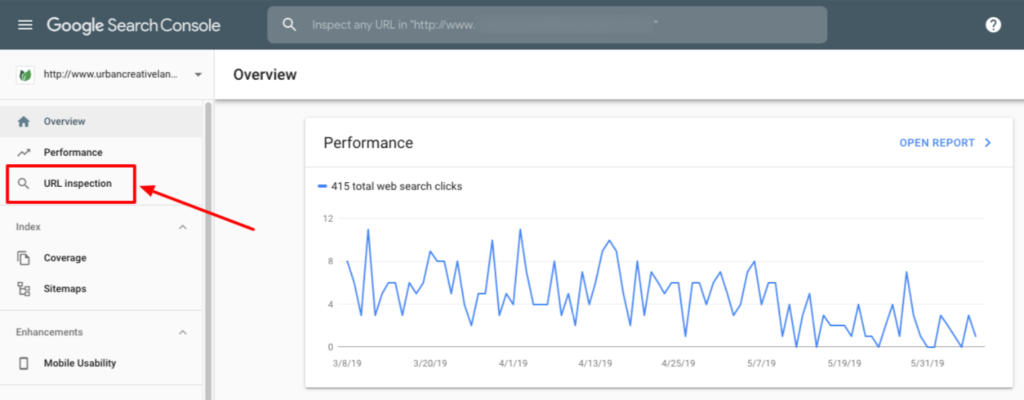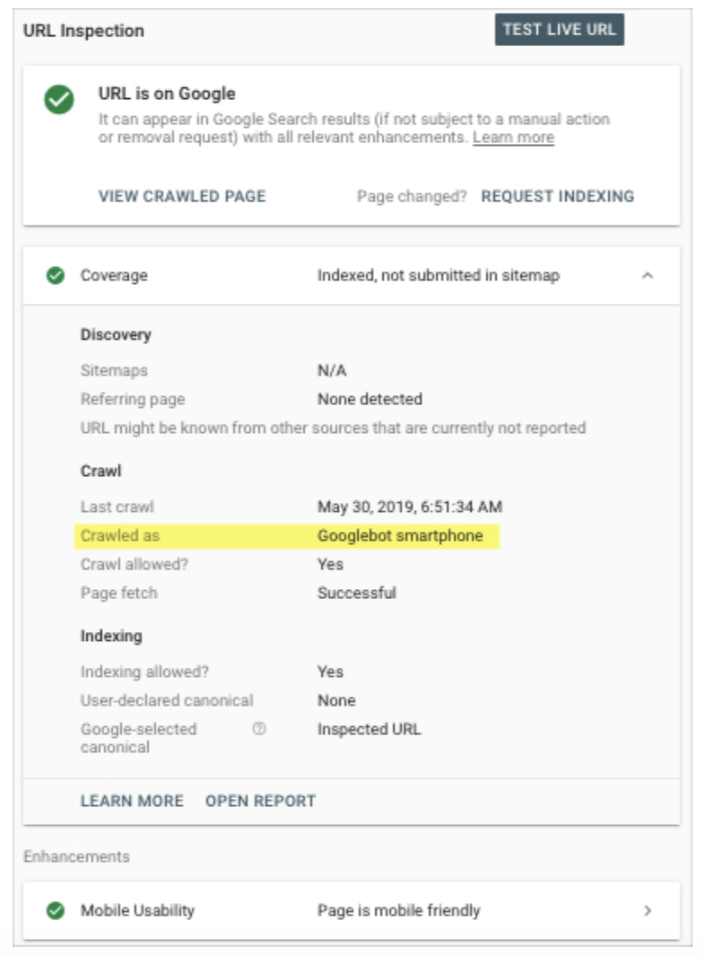Do local citations matter anymore? Mike Blumenthal and other SEO experts share their opinions about how much attention we should be really giving to structured citations.
For any local business, managing their local citations i.e. submitting to top local search engines and directories is still one of the things that make it to the top of the local SEO checklist. With a key focus on quick (automated) submissions and consistency, many local businesses turned to Yext as their go-to service and helped it propel to a $170 million business in 2018!
Local citations were historically seen as one of the top ranking factors but things are not the same now. SEO experts such as Mike Blumenthal (GatherUp) now dismiss citations as almost of no use.
Here’s what Mike Blumenthal has to say.
“If a business has their data correct on their website and can get their data straightened away at Google, Facebook and maybe Yelp, there is no need for a citation campaign and certainly no need for a recurring cost to do so.
Google cares about local sites and web-references that users engage with and occur on pages on some amount of prominence. So it isn’t just a matter of having a citation at Yelp or HealthGrades or Trip Advisor, but of having a listing that ranks well at those sites and can pass some authority to your local entity. The strongest industry vertical sites, in some industries, do send some traffic so a citation and content build-out is relevant there.
But the idea of getting listed at 80 sites and paying for it annually is an idea whose time has passed. And the traditional idea of an unstructured citation, (i.e., being cited at an authoritative journal or news source even without a link) has merit. But that is more along the lines of PR than a citation campaign and it can have significant influence over the rank of a business.”
Similar to Mike Blumenthal, this is what Joy Hawkins from Sterling Sky has to say.
“I often find that people are surprised to hear that my agency doesn’t focus much on citation building or “maintaining” as a strategy. We’ve found that time is better spent on other high-impact tactics.
We only bother with citation work if the client has recently moved locations. Even then, we notice that it doesn’t make a huge difference.
We don’t ignore it completely; it’s just labeled here as a low-impact tactic so it’s not what we tackle first.”
What’s our take on this?
The consensus now appears to be that citations are declining in importance. It’s quite true that our industry’s perception of the role of citations has changed a lot. However, we continue to believe local citations still have an important role to play and are not yet ready to throw them out of our toolkit.
Every location-based business needs to own as much of its branded and core keyword SERPs as possible. Taking maximum control of citations is one of the most obvious and sensible ways to achieve a high degree of ownership. Because all forms of citations could be points of entry for consumers, businesses need to manage them for accuracy and consistency.
However, we feel that the idea of getting your business listed on multiple sites and paying for it annually makes no sense at all. Instead, we focus more on manual submissions which are much quicker to show up as compared to automated submissions, you can select which directories to submit to and you have full ownership and control over these sites.
Reference: searchengineland.com/do-local-citations-matter-anymore-five-local-seos-sound-off-320015




